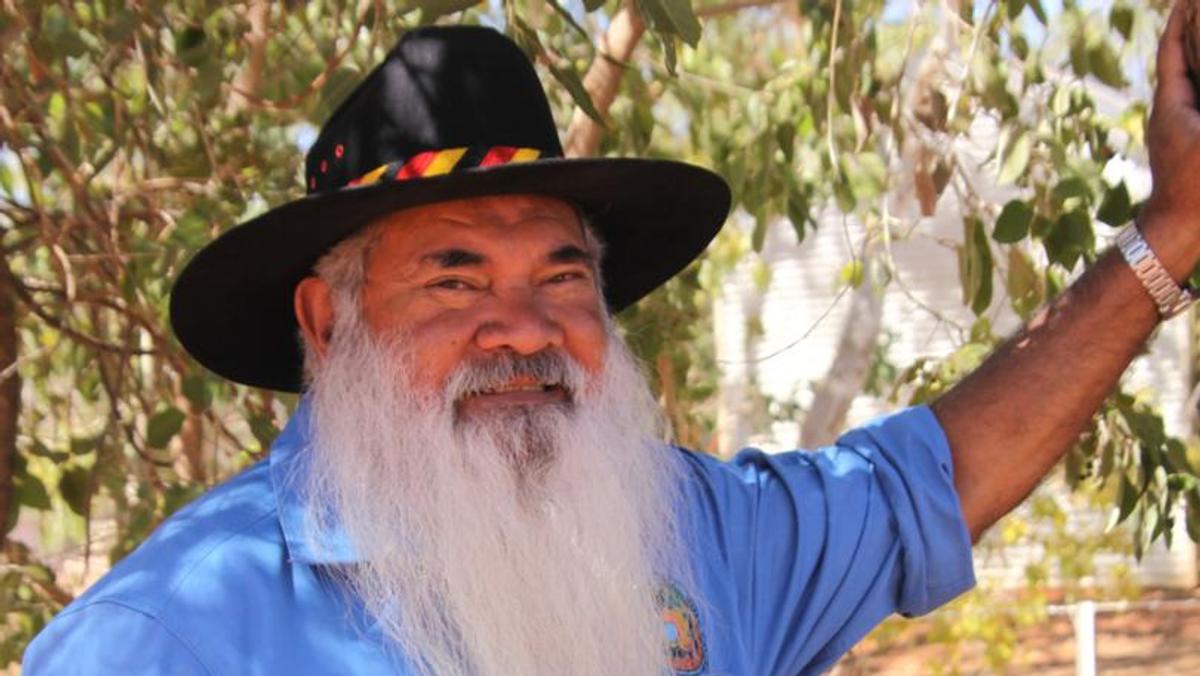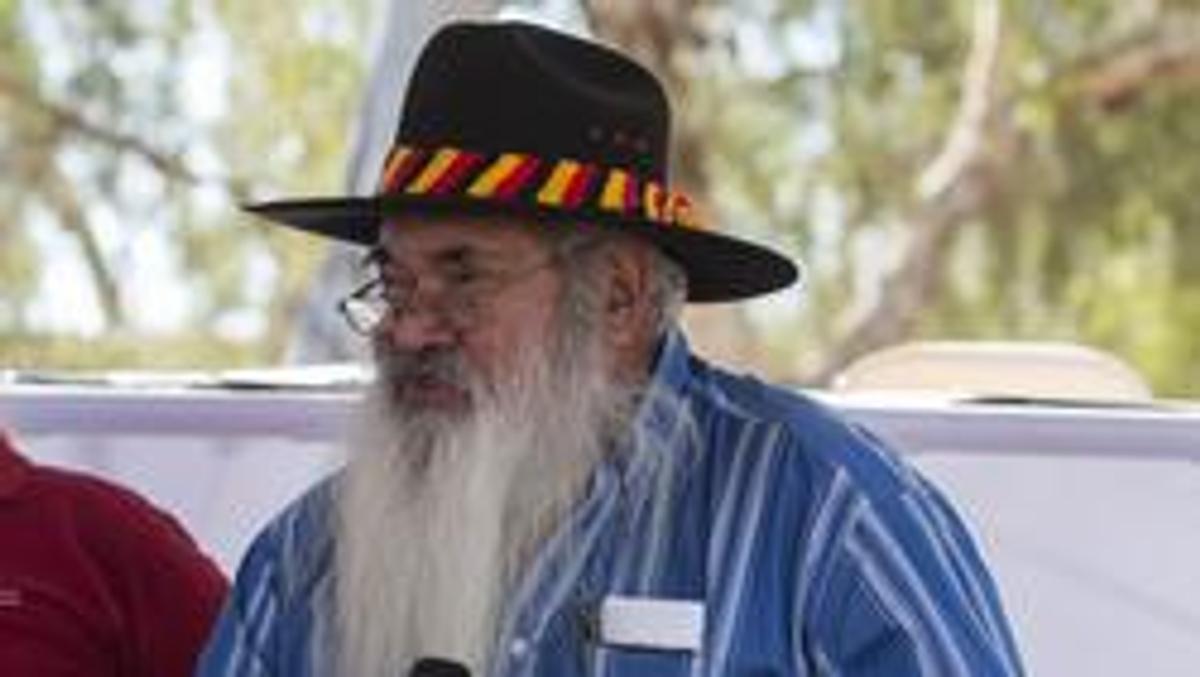Principal's Report
Jonathan Rowe

Principal's Report
Jonathan Rowe
Dear Parents and Carers,
Last weekend I was privileged to have attended the Colleges second Club 50 Function. This year it was held in Melbourne and approximately 70 Alumni attended. The newest cohort, Class of 1973, were officially welcomed. There was an over riding sense of joy with many re uniting for the first time in decades. Monivae Alumni have an incredibly strong sense of belonging and pride which was on display.
This week I attended the MSC Education meeting and AGM at our Canberra school, Daramalan. Sometimes it is nice to be reminded that we are part of a bigger family with one ambition “To be on Earth the Heart of God”. Our four schools, across Australia, are thriving and I am certain it is because of our MSC Heart and ethos.
All of our schools have a long tradition of supporting Indigenous students. Monivae continues to provide opportunities for remote and local Indigenous students. We have many grandchildren of alumni attending today. In our support of First Nations People, the MSC community have provided their statement in endorsing the “Uluru Statement From The Heart” and voting Yes in the upcoming referendum. I have included the MSC statement – Voice of the Heart.
We, the Missionaries of the Sacred Heart of Jesus of the Australian Province, gathered in Chapter, have reflected on our privileged journey with First Nations Peoples for more than a century. We continue to be challenged by Pope John Paul ll’s words, addressing First Nations people in Alice Springs in 1986: ‘And the Church herself in Australia will not be fully the Church that Jesus wants her to be until you have made your contribution to her life and until that contribution has been joyfully received by others’.
These words are especially relevant as we prepare for the coming Constitutional Referendum. The Uluru Statement from the Heart is the basis of the present referendum with its call for the establishment of a First Nations’ Voice enshrined in the Constitution: ‘We seek Constitutional reforms to empower our people and take a rightful place in our own country. When we have power over our destiny our children will flourish. They will walk in two worlds and their culture will be a gift to their country’.
We Missionaries of the Sacred Heart of Jesus welcome the opportunity to support the Uluru Statement from the Heart, and the desire of First Nations Peoples to have a Voice that will be acknowledged and listened to, enshrined in the Australian Constitution.
I have also included an opinion piece from Senator Pat Dodson, Monivae Old Collegian, Yawuru man and special Envoy for Reconciliation and Implementation of the Uluru Statement.
Patrick Dodson: Indigenous Voice vote a rite of passage
Patrick Dodson The West Australian
Wed, 10 May 2023 3:30AM


Patrick Dodson is a Yawuru man, Labor Senator for WA and Special Envoy for Reconciliation and Implementation of the Uluṟu Statement.
We are a nation that is at once ancient and adolescent. A nation made unique by age-old cultures and yet a nation still growing into itself, still maturing.
The upcoming referendum for an Aboriginal and Torres Strait Islander Voice is our next great rite of passage. It will mark an important stage in the life of the nation, the transition from exclusion to inclusion, but also a respectful co-existence and celebration of the coming together of Australian peoples old and new.
The upcoming referendum heralds the long overdue recognition of Aboriginal and Torres Strait Islander peoples in the Australian narrative to date. Every Australian — every West Australian — has a role in this rare and precious moment, to vote for the future we see for ourselves, our families and our nation.
Starting from Broome, I have walked the long and winding road of reconciliation for 50 years. I have come to understand the Voice as perhaps our greatest chance at true reconciliation.
We must not forget that the proposal for a constitutionally-enshrined Voice was called for in the Uluru Statement from the Heart. It did not have its genesis in Canberra as some have suggested. To the contrary, it emerged from an extensive national engagement among Aboriginal and Torres Strait Islander peoples, including here in WA.
The cultural legitimacy of this process is supported by the latest polls which show 83 per cent of First Nations people would vote Yes, were the referendum held today. This overwhelming support illustrates that our communities are crying out for change. Aboriginal and Torres Strait Islander peoples, urban regional and remote, in WA and beyond, want not only to be more involved in the public life of the nation, but also to celebrate more of their unique culture, values and beliefs.
There are some Aboriginal and Torres Strait Islander peoples who remain unsure or undecided. That’s understandable and acknowledged. Our communities and families have long been subject to policy failure, institutional maltreatment, and racism. There is value in political scepticism, but it is clear to me that the Voice is the next logical step in the history of our struggle for justice.
Those who know what life was like under the rule of A.O Neville, WA’s Chief Protector of Aborigines from 1915 and the Native Protectors who followed him, almost till the 1967 referendum, will understand the long-overdue need for a Voice to be enshrined in our Constitution. My parents needed the protector’s permission to marry, as did many others in this State.
My hope is to see a strong, successful Yes vote from the people of this great State of WA.
The referendum to enshrine a Voice recognises the enduring uniqueness of our communities and cultures. It will enhance our Constitution by virtue of its recognition of First Peoples. It will not detract from our unceded sovereignty nor diminish us as First Peoples. The amendment is about the First Peoples of this country; it is not about race.
More than that, the referendum is about mutual respect and acknowledgement of our need to be heard by officials who have been deciding what is good, or not good, for our people.
I appeal to you to take a constructive approach and respond positively to the question to be put at the referendum. A Yes vote will pick up the torch of our great leaders from the past who have led the fight against governments and bureaucracies.
I struggle to think of another reform that has been subject to as much public scrutiny, process, and participation. Prime minister Howard put recognition on the table in 2007 and now, 16 years later, we finally have before the Parliament a Constitutional Alteration Bill for an Aboriginal and Torres Strait Islander Voice.


Legal experts, including former Chief Justice Robert French, one of WA’s leading legal minds, overwhelmingly support the provision for an Aboriginal and Torres Strait Islander Voice as a sound and sensible amendment to be made to our Constitution. When the cross-parliamentary committee examining the Constitution Alteration Bill held its hearings in Perth on April 28, Aboriginal organisations, including the Kimberley Land Council, along with respected West Australians like Ken Wyatt, Fred Chaney and Professor Fiona Stanley, turned out publicly to declare their support.
This should reassure West Australians that we are on the right track. There has been much negotiation, questioning and compromise in getting to where we are. Having participated in much of that process, I am confident that this has been done with the best interests of the nation at the forefront of our deliberations.
We are challenged to rise to this unique occasion, to apply our critical judgement and step bravely into the next chapter of our history. My hope is to see a strong, successful Yes vote from the people of this great State of WA.
This week we celebrated Catholic Education Week across our Diocese of Ballarat, with the annual theme ‘Let the words you speak always be full of grace’ – Colossians 4:6’. It speaks of the need to lead people to conversations and interactions that transform our lives.
“How we speak and how we are open to be changed through dialogue, has been subject to deep consideration in many different circles – political, social, ecological, theological. Dialogue opens us to the other, to learn and to change – it is an openness to be moved or influenced and allow for the spirit to be present.
The way we live and act and the words we speak provide insight into the very essence of our individual being. Our use of language, with expression and gestures, brings us into engagement with others. Most regularly this engagement is through conversation or dialogue.
(Extract from Diocese of Ballarat Catholic Education Limited (DOBCEL) website)
As Catholics we are called to be people of respect, acceptance, understanding and willingness and deep desire to be people of inclusion to respect diversity and to understand the other.
Kind regards,
Jonathan Rowe
Principal